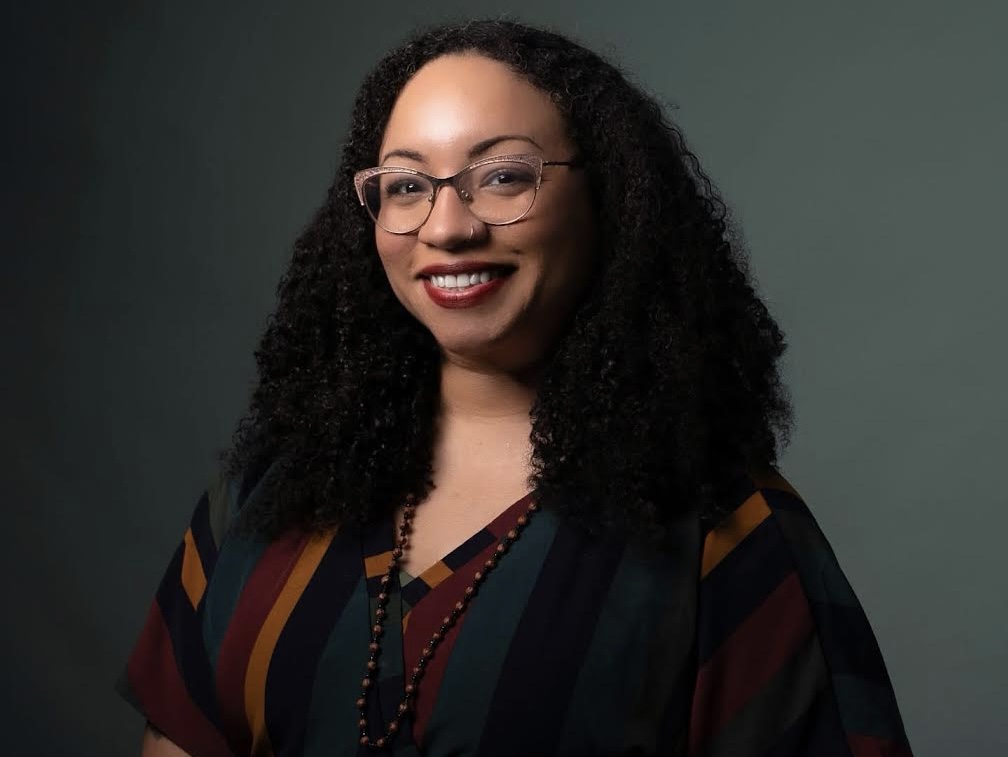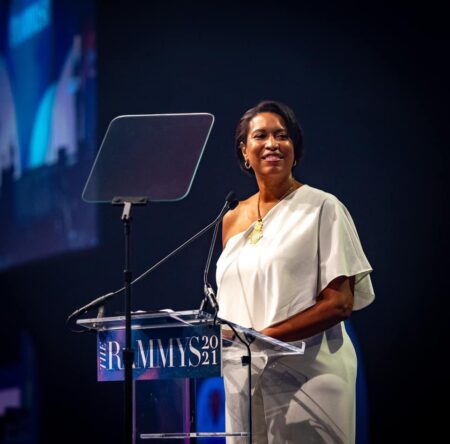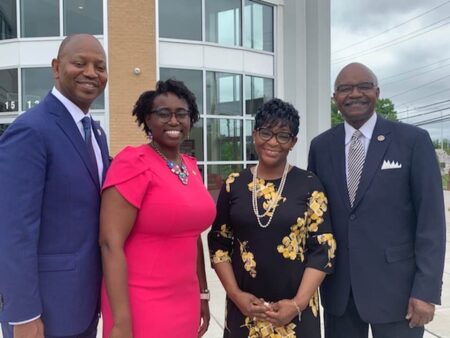(BALTIMORE – July 9, 2025) – I ran for the school board to bring an underrepresented voice into the rooms where decisions are made. As a School Board Commissioner for Baltimore City Public Schools, I have seen firsthand how strong community partnerships can create a meaningful impact. These relationships help build trust and bring people together. Early in my term, I realized that passion alone would not be enough. To advocate effectively for students and families, I needed to grow as a leader and pursue professional development.
I am committed to learning more about governance, goal setting, and the tools school board members need to lead effectively. As part of this commitment, I have invested in training and support that helps me build my knowledge and skills, such as joining School Board Partners’ Fellowship and earning an Empowered School Board Governance certificate through Colorado State University Global’s new graduate program. These opportunities provided me with a strong foundation in Board Governance, District Goal Alignment, CEO/Superintendent Evaluations, Governance Reorganization, Policy, and Financial Reform. These concepts are more than technical knowledge. They are powerful tools for meaningful change when focused on student success.
One of the most important responsibilities of a school board member is helping establish and maintain a strong governance structure. This includes setting clear goals, tracking progress, and holding ourselves and the school system accountable. The more I build my own knowledge, the more confidence I gain in my ability to lead effectively for Baltimore’s students. I now understand much more clearly how school board governance can drive student-centered change and deliver real results.
Serving on a school board is a unique role with high stakes. Across the country, many school boards are expected to lead without proper training or support. This often leads to confusion, burnout, delays, and missed opportunities to improve student outcomes. Strong governance is not just about attending meetings or approving budgets. It requires understanding data, working closely with district leadership, setting ambitious goals, and making decisions that move us closer to equity and academic success. We cannot expect everyone who joins a school board will have the requisite knowledge and skills to do these things on their own. We shouldn’t place all the responsibility on the members themselves to pursue their own learning.
This training taught me how to use policy and oversight to advocate for long-term improvements. I have strengthened my ability to engage with families, collaborate with fellow commissioners, and create space for voices that are often left out of the conversation, such as multilingual learners, students in foster care, youth experiencing homelessness, and students with disabilities. Empowered school board governance means we do not wait for problems to arise. We plan ahead, listen to our communities, lead with purpose, and work together to build lasting solutions that prioritize those most affected.
This experience also reminded me that public education is a shared responsibility. When school boards are trained and supported and the school system and community are united in their commitment to student success, we create real educational equity for everyone. Most importantly, it reminded me that our work is about people. Our students are not just numbers or scores, they are individuals. They are future artists, engineers, caregivers, and leaders. They are our future neighbors!
When you have an empowered school board and a system and community committed to improving student outcomes, you create educational opportunities for everyone. I am proud to be one of twenty school board members in the country that is certified in Empowered School Board Governance, and I know I have the development and support to make positive systemic changes.










